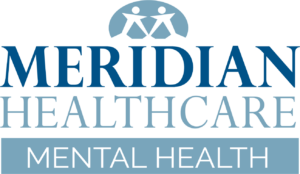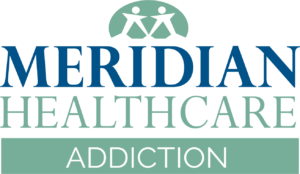Some people living with mental illness have a high quality of life, while others need more help overcoming mental health problems. Everyone’s mental health is different, and there are many types of mood disorders.
Depression
The most common mood disorder is depression (also known as major depressive disorder). It’s more than an occasional depressed mood; people with depression experience persistent feelings of sadness that affects daily life and can lead to physical health problems or medical illnesses.
Depression doesn’t always mean intense symptoms for a short time period. Persistent depressive disorder and dysthymia are two types of depression where the person experiences milder symptoms of depression for a longer time (sometimes for years).
Treatment options for depression often include a combination of psychotherapy and antidepressant medication. Interpersonal therapy is used to treat depression for both adolescents and adults with effective short-term results.
Transcranial magnetic stimulation can also be used to address stubborn depression symptoms that do not respond to other treatment options. It involves magnetic stimulation to the specific parts of the brain that correlate to depression.
Anxiety Disorders
Anxiety is a common feeling for everyone, but an anxiety disorder affects a person’s day-to-day life and overall well-being. Anxiety disorders can range from mild to debilitating.
Anxiety disorder treatment options often include a combination of talk therapy and medication. Cognitive behavioral therapy (CBT) allows patients to work through their emotions and consequential behaviors.
Bipolar Disorder
Bipolar disorder is a mood disorder marked by manic episodes followed by periods of depression, and these mood swings can be hard to manage in day-to-day life.
There are two main types of bipolar disorder: Bipolar I and Bipolar II. Bipolar I disorder is the most extreme mood change between mania and low moods. Bipolar II disorder is more mild with hypomania episodes followed by depressed moods.
Another type of bipolar disorder is cyclothymia. Cyclothymic disorder has milder mood swings and extremes (highs and lows) that last for shorter periods of time.
Bipolar disorder treatment options typically combine medication and counseling. Mood stabilizers are often prescribed to manage extreme mood swings. Common therapy treatment options are cognitive behavioral therapy and electroconvulsive therapy, which involves an electric stimulation of the brain to address symptoms.
Seasonal Affective Disorder
Seasonal affective disorder is a mood disorder that reappears at the same time every year. It is often referred to as “winter depression” because most people are affected during the winter months. Unlike other types of mood disorders, seasonal affective disorder can be treated with light therapy (a type of therapy that uses light to contrast the darkness of winter).










